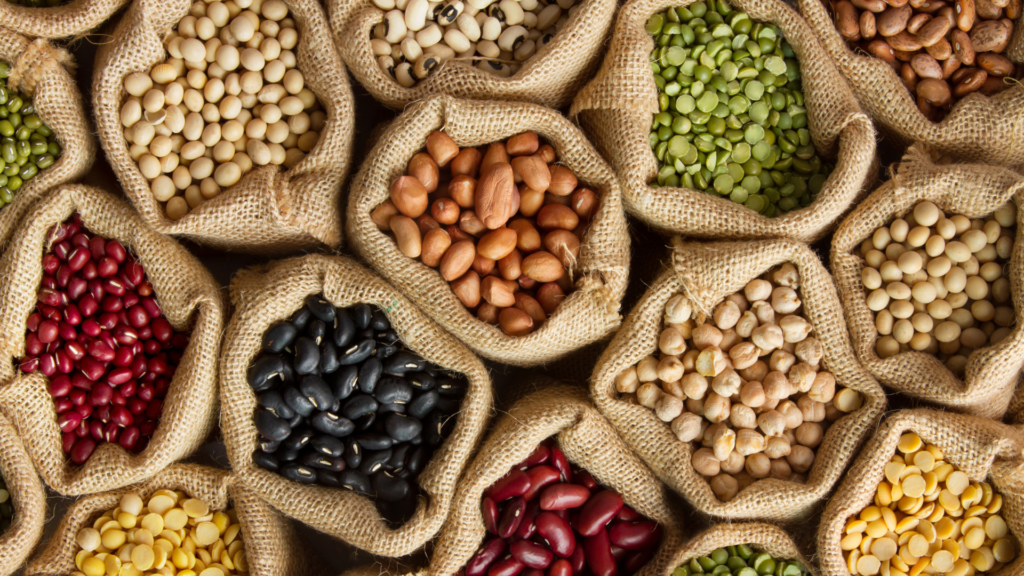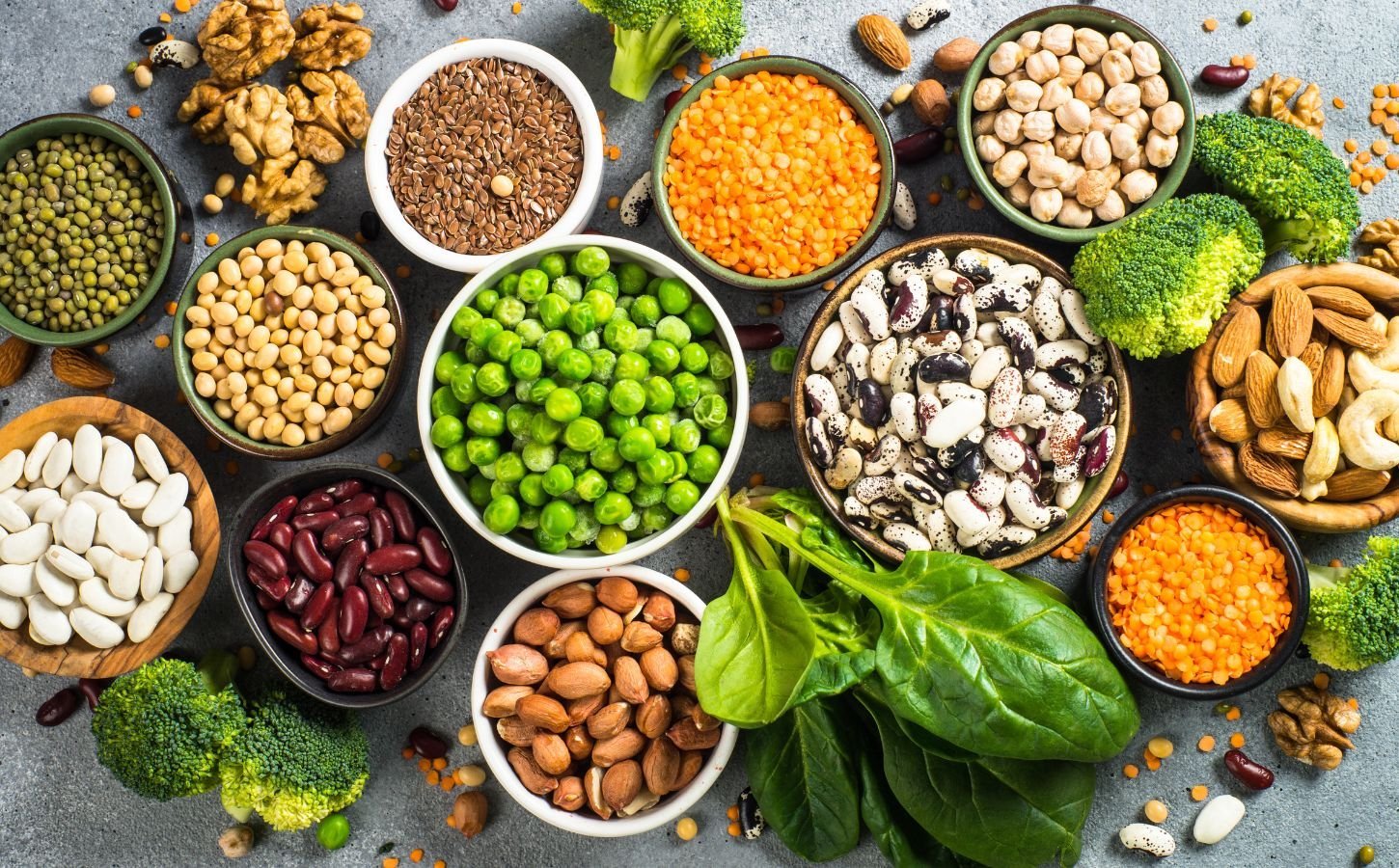Best Sources of Plant-Based Proteins
If you’re looking to maintain a balanced diet without relying on meat, you’ll need to know the best sources of plant-based proteins. Protein is essential for building muscles, maintaining energy, and supporting overall health. Luckily, plants offer plenty of options that are both nutritious and delicious. Understanding these sources can help you meet your dietary needs while sticking to a plant-based lifestyle.
1. Lentils: A Protein Powerhouse
Lentils are one of the richest sources of plant-based proteins, with about 18 grams of protein per cooked cup. They’re versatile and can be used in soups, salads, or even veggie burgers. Besides protein, lentils are packed with fiber, which aids digestion and keeps you feeling full longer. Including lentils in your meals is an easy way to boost your protein intake.

2. Chickpeas for Versatility
Chickpeas, also known as garbanzo beans, are another excellent source of plant-based proteins. A cup of cooked chickpeas provides around 15 grams of protein. They can be blended into hummus, roasted for a crunchy snack, or added to stews and salads. Their mild flavor makes them a great addition to many dishes.
3. Quinoa: A Complete Protein
Quinoa stands out because it’s a complete protein, meaning it contains all nine essential amino acids. With 8 grams of protein per cooked cup, quinoa is perfect as a base for salads, bowls, or as a side dish. It’s also gluten-free, making it a fantastic option for those with dietary restrictions.
4. Black Beans: Affordable and Nutritious
Black beans are an affordable and nutrient-dense source of plant-based proteins, offering 15 grams per cooked cup. They’re great in tacos, burritos, or chili. Additionally, black beans are high in antioxidants, which are beneficial for overall health.
5. Nuts and Seeds: Small but Mighty
Nuts and seeds, such as almonds, chia seeds, and hemp seeds, are packed with protein. For instance, just 3 tablespoons of hemp seeds contain about 10 grams of protein. Nuts and seeds also provide healthy fats, which are essential for brain health. Sprinkle them on oatmeal, salads, or yogurt for an extra protein boost.
6. Edamame: A Quick Snack Option
Edamame, or young soybeans, is another excellent source of plant-based proteins. A cup of cooked edamame provides 17 grams of protein. They make a quick and healthy snack or can be added to stir-fries and salads. Their slight sweetness makes them a favorite among both adults and kids.
7. Whole Grains: Protein in Every Bite
Whole grains like oats, farro, and barley are surprisingly good sources of protein. For example, one cup of cooked oats contains about 6 grams of protein. Pairing whole grains with other plant-based proteins, like beans or tofu, ensures a well-rounded and satisfying meal.
8. Leafy Greens: A Subtle Boost
While leafy greens like spinach and kale don’t pack as much protein as legumes or grains, they still contribute to your intake. A cup of cooked spinach contains about 5 grams of protein. Adding greens to smoothies, salads, or soups is an easy way to enhance your diet with protein and essential nutrients.
6. Plant-Based Protein Powders
For those needing a convenient protein boost, plant-based protein powders are a great choice. Protein powders are especially helpful for athletes or anyone with higher protein needs.
Conclusion
Including a variety of sources of plant-based proteins in your diet ensures you get all the nutrients your body needs. From lentils and chickpeas to tofu and leafy greens, there are countless options to suit your taste and lifestyle. By making these foods a regular part of your meals, you can enjoy a healthy and balanced diet without relying on animal products.



